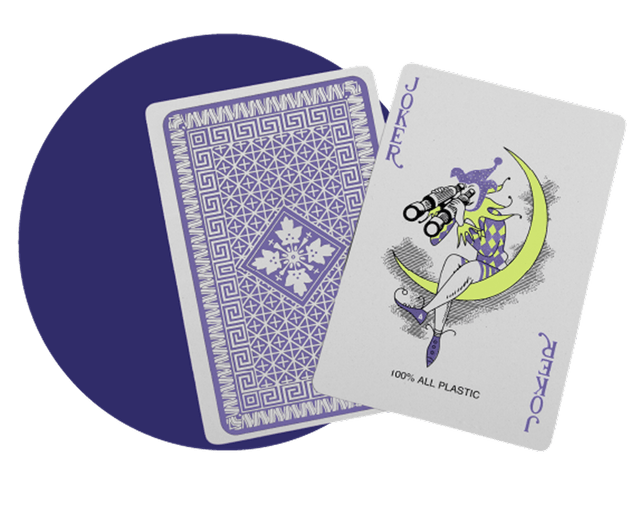
AI and the Retail Marketer’s Future
How AI transforms strategy and processes, driving the adoption of Positionless Marketing
Optimove Connect 2026: Join us in London on March 11–12 to master Positionless Marketing
Exclusive Forrester Report on AI in Marketing

Consumers expect a brand to interact with them in real time with a personalized experience. To do so requires building a tech ecosystem that empowers marketers to move at the speed of the customer's interaction with the brand — and that means choosing the right technology.
This post breaks down the seven essential CRM capabilities your platform must have to help you move faster, market smarter, and turn every interaction into impact.
Below are the seven capabilities tech platforms should offer:
Many platforms are built to store, clean, or visualize customer data. But marketers need more — they need to act on that data, fast.
To meet this demand, a tech stack should include CRM capabilities that activate real-time data pipelines, feeding insights directly into marketing workflows for instant campaign execution. It’s the difference between having information and actually using it to drive outcomes.
Most tech platforms help surface insights. But execution at scale requires built-in intelligence.
Marketers need tools that help decide:
CRM platforms that bring AI-powered orchestration and predictive analytics into the mix help marketers make decisions in real time — without the need for additional resources or delays.
Tech platforms are great at helping brands understand their audiences. But today’s personalization requires more than broad segments — it demands micro-segmentation that’s dynamic and behavior-driven.
The right CRM marketing layer can turn raw customer data into hundreds (or thousands) of live segments that evolve in real-time, enabling brands to communicate with precision and relevance.
Customers move fluidly across channels — and a platform should, too.
True personalization means delivering consistent, coordinated messaging wherever the customer is: email, SMS, push notifications, in-app, web, or social. The strongest platforms enable marketers to build journeys that automatically adjust based on customer behavior, ensuring relevance at every step.
No platform operates alone — and the most impactful personalization strategies are powered by a connected tech stack that extends beyond just data and marketing tools.
CRM marketing platforms should integrate seamlessly with key systems like loyalty programs, customer service platforms, ad tech, and data warehouses — not just for data sharing, but to enable a unified, customer-first experience.
Open rates and clicks are helpful metrics, but today’s marketers are – or should be – actually focused on outcomes: retention, repeat purchases, and customer lifetime value.
A CRM marketing platform should provide clear, built-in reporting that connects marketing efforts to long-term loyalty metrics — and ideally, use that data to automatically optimize performance with every campaign.
Most marketers don’t want more tools — they want fewer tools that do more.
CRM platforms that are intuitive, automated, and designed for scale help marketing teams create and deploy personalized experiences for millions of customers — without needing to lean on analysts, engineers, or creatives. That kind of usability complements any existing platform and increases client stickiness.
Tech platforms that power data, analytics, loyalty, or cloud infrastructure are vital to modern marketing—but without CRM marketing capabilities, they fall short on personalization.
To truly support modern marketers, platforms must go beyond storing and analyzing data—they must enable real-time decision-making, cross-channel orchestration, and automated execution.
The seven capabilities outlined here aren’t just nice-to-haves—they’re non-negotiables for any platform aiming to drive measurable customer impact and long-term loyalty.
For platforms looking to complete the personalization puzzle, contact us to request a demo.
Exclusive Forrester Report on AI in Marketing
In this proprietary Forrester report, learn how global marketers use AI and Positionless Marketing to streamline workflows and increase relevance.


Rony Vexelman is Optimove’s VP of Marketing. Rony leads Optimove’s marketing strategy across regions and industries.
Previously, Rony was Optimove's Director of Product Marketing leading product releases, customer marketing efforts and analyst relations. Rony holds a BA in Business Administration and Sociology from Tel Aviv University and an MBA from UCLA Anderson School of Management.


